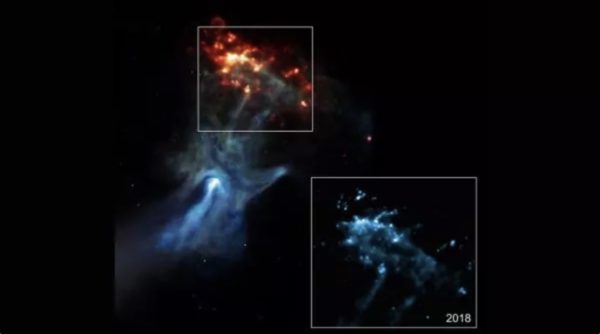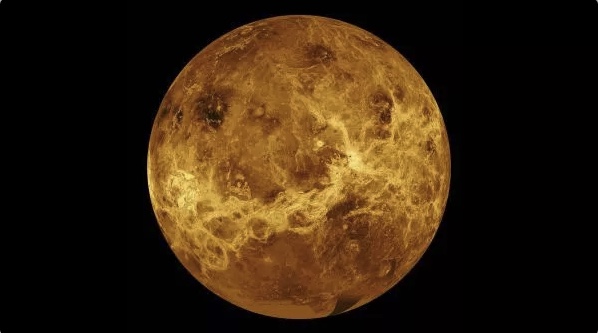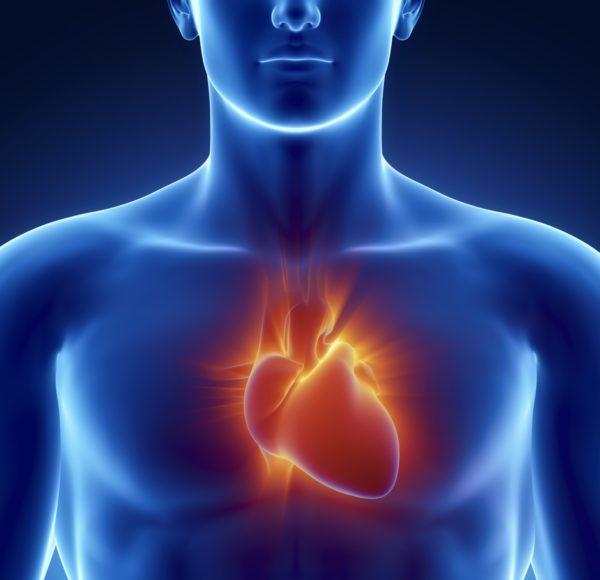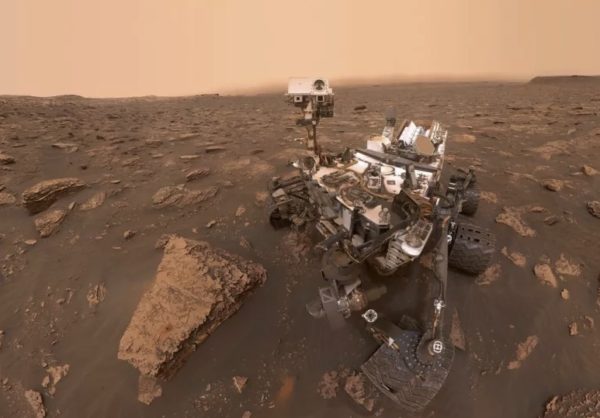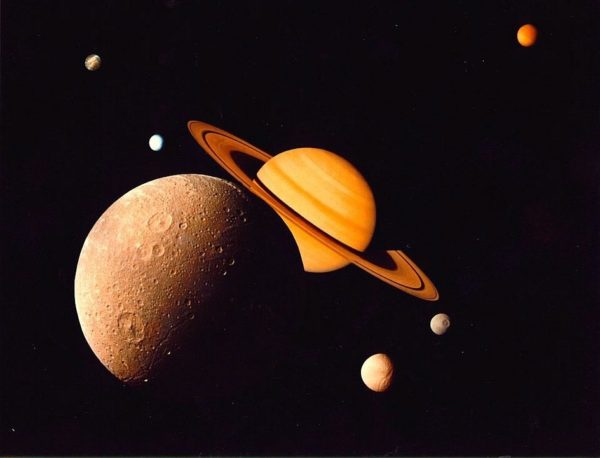SPACE: Astronomers Find Giant, Ghostly Hand in Space
An enormous ghostly hand stretches through the depths of space, its wispy fingers pressing against a glowing cloud. It sounds like science fiction, but it’s quite real, as imagery gathered by NASA’s Chandra X-ray Observatory shows. The “hand” was spawned by the death of a massive star in a supernova explosion, which left behind a fast-spinning, superdense stellar corpse known as a pulsar, Chandra team members said in a description of the dramatic images. Full Story From Live Science



